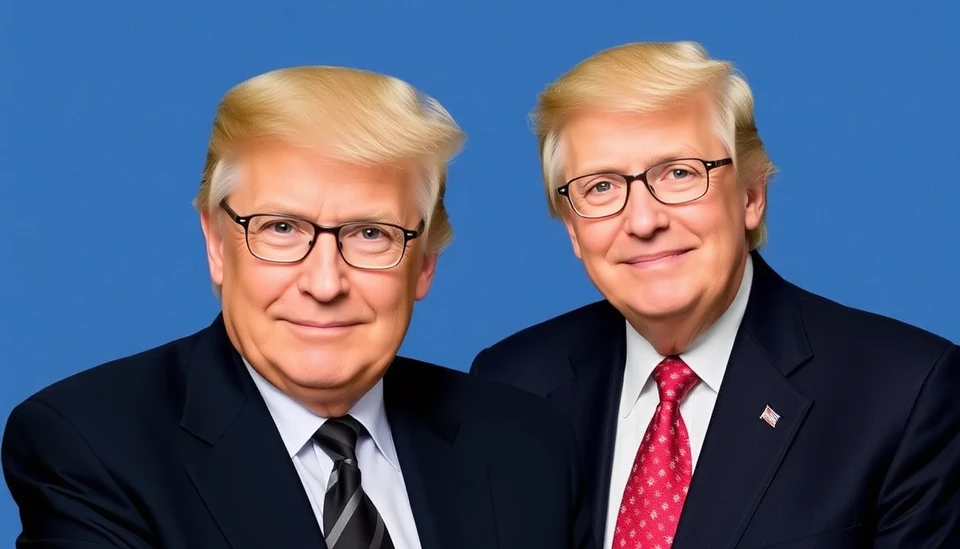
In a recent episode of the Bloomberg Zero podcast, renowned historian Paul Sabin discussed the significant shifts in environmental policies during the Trump administration. Sabin, who specializes in the history of environmental movements and policies, provided a nuanced perspective on how Trump's approach to climate change has left a lasting legacy in the political landscape of the United States.
During his conversation with Bloomberg host, Sabin articulated that Trump's climate agenda diverged dramatically from previous administrations. He emphasized the emphasis on deregulation as a focal point under Trump, noting how this approach was promoted under the guise of economic growth and job creation. Sabin pointed out that the rollback of key environmental regulations was not just a mere policy shift, but a strategic maneuver that resonated with a specific voter demographic heavily invested in fossil fuel industries.
Sabin acknowledged the broader implications of these policies, which have contributed to an ongoing debate on climate responsibility and resilience. He examined how Trump's skepticism of climate science became a central theme of his administration, which in turn emboldened proponents of fossil fuels against the backdrop of rising global temperatures and urgent climate crises.
In detailing the ramifications of the Trump administration's climate policies, Sabin highlighted the acceleration of climate denial within certain political factions. He argued that this trend has created significant barriers to progress on climate action. The historian characterized this period as one where the American public witnessed a stark division not only on environmental policies but on the very foundation of accepting climate change as a crisis that demands immediate attention.
Sabin's reflections serve as a crucial reminder of the complex interplay between politics and environmentalism. He noted that the ramifications of Trump's climate policies are likely to be felt for years to come. As new administrations take office, the conversation around climate policy will remain deeply intertwined with issues of public opinion and political identity, making it increasingly critical for leaders to navigate these waters thoughtfully.
The discussion delved into how the Biden administration, in contrast, has approached climate change with a sense of urgency and commitment, reinstituting regulations and emphasizing clean energy initiatives. Sabin expressed a cautious optimism about the potential for bipartisan efforts in addressing climate change, although he acknowledged the enduring polarization that Trump’s presidency has fostered.
Ultimately, Paul Sabin's insights on the Bloomberg Zero podcast serve as a stark reminder of the historical context of climate policy in America. As debates continue over the most effective strategies to combat climate change, understanding the past becomes essential to forging a sustainable future.
With these dialogues gaining momentum, it's crucial for both policymakers and the public to remain engaged in the ongoing discourse about climate action, sustainability, and responsible governance.
#ClimateChange #TrumpAdministration #PaulSabin #EnvironmentalPolicy #Deregulation #Sustainability #BloombergZero
Author: Sophie Bennett




